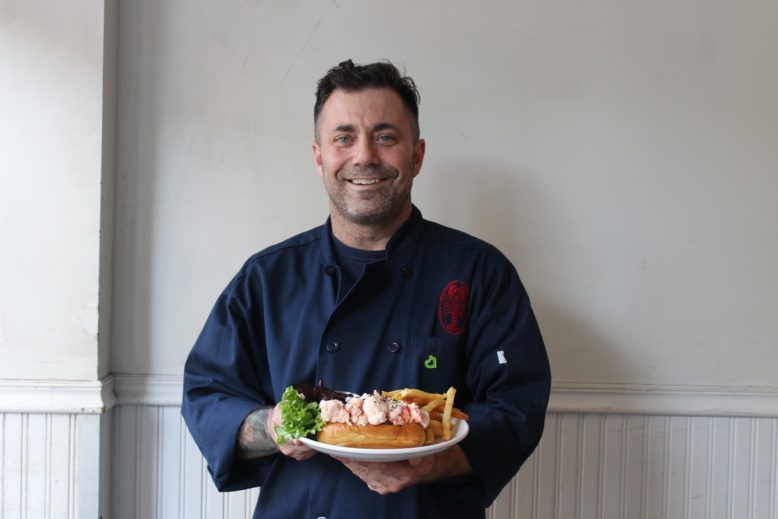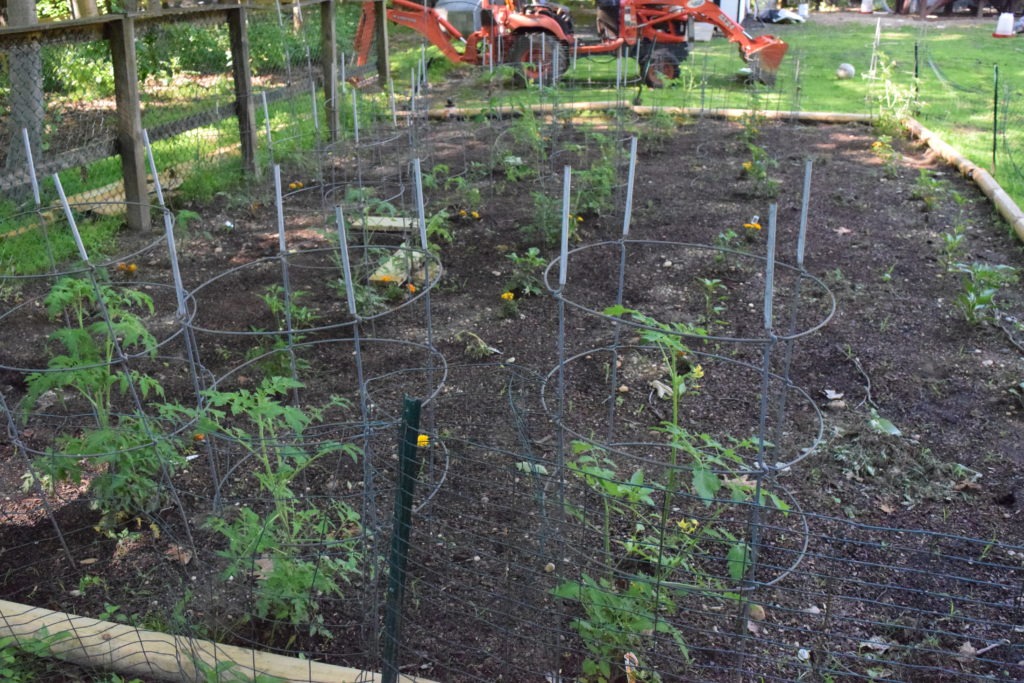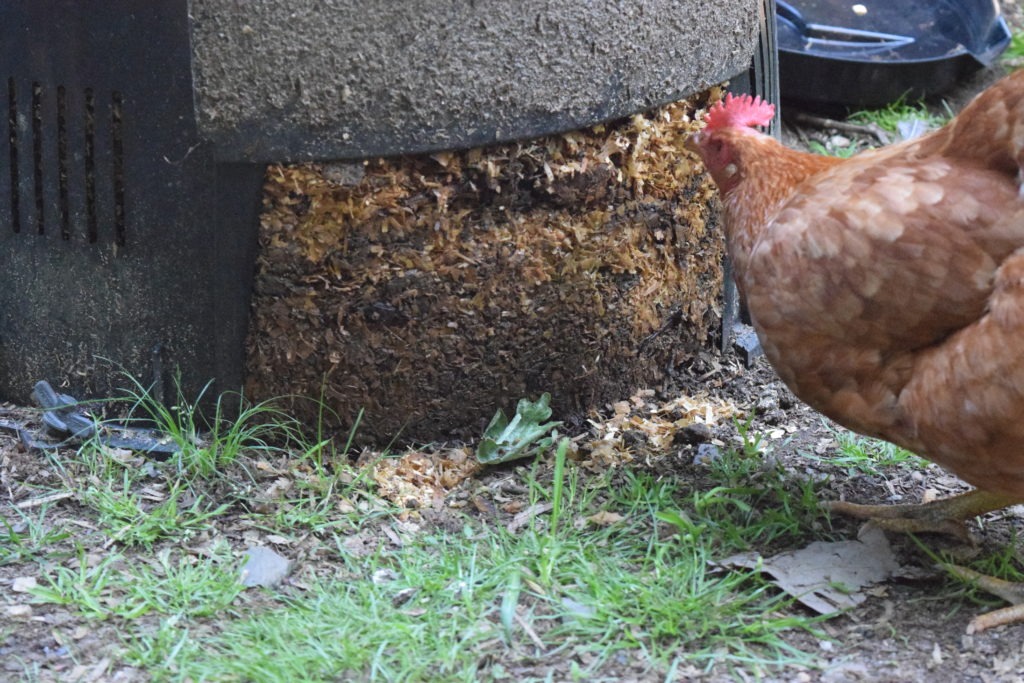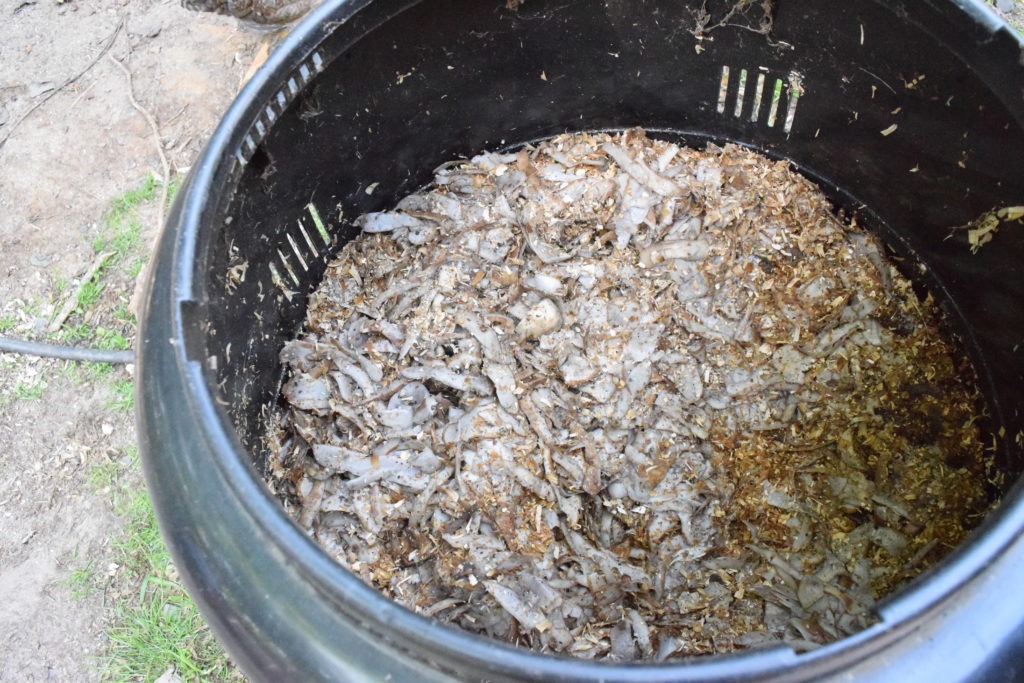
Summer is usually a good time of year to be a lobster cook. For Lincroft resident Ed McFarland, chef/owner of New York’s Ed’s Lobster Bar, this year looks a little different. McFarland opened his first Ed’s Lobster Bar in 2007, and a second in Sag Harbor last March. And while he didn’t close for more than a few days during the pandemic, Covid-19 has impacted business—sales at the Soho location were, at one point, 80 percent down. But sales bouncing back and McFarland doesn’t seem to be losing pace. Not only has he started a YouTube series called “Ed’s Eats,” but he’s worked on his home garden, which he plans to use to supply his restaurants with fresh produce, and which he’ll use for a new composting program.
Add in two young kids and an upcoming Father’s Day and it’s amazing McFarland had time to chat with us about his garden project, the pandemic, perpetually fluctuating lobster prices, and what he hopes to see happening (soon) as the Tri-State area begins to approach normal again.
Table Hopping: How have you been managing during Covid-19?
Ed McFarland: I didn’t close, except for a few days. The choice for me was pretty simple: staying open is essential to the survival of the restaurant.
TH: We’ve also heard of protein panic during Covid-19. Have you seen fluctuation?
EM: Over the last 60 days, the lobster market fluctuated greatly. But I’ve kept the price consistent regardless of the market. The price of lobster already fluctuates $7 to $8 per pound throughout the year, so I always have to find a balanced price and try to stay as consistent as possible.
TH: What’s your take on this spring, as a veteran restaurateur?
EM: It’s pretty crazy. To put it in perspective, my 13-year anniversary this year was the day of the shutdown—March 16. I’ve never seen anything quite like this. We went through the Recession in 2008 and came out strong. But this is a very different scenario. By all means I would consider this the weirdest thing I’ve seen in the industry. I think it’s going to take a lot of changes. We’re all going to have to stay nimble.
TH: Speaking of “nimble,” you’ll be incorporating product from your own garden to the restaurant menu. Was that always part of your plan?
EM: Growing up, we always had a garden. Primarily [we had] tomatoes and secondary vegetables like zucchinis, peppers, stuff like that. When I moved to New Jersey and had my first house in Piscataway, I immediately cut an 80-foot section out of my yard and started growing mostly tomatoes, some hot peppers, sweet peppers, squash for the blossoms. I’d always have garlic in the ground, and basil and parsley. I’d been doing that for years.
When I moved to Lincroft, my neighbor at the time said something like “Good luck! The soil’s not so great!” And I had no luck that first year. And I really didn’t have time to focus on the garden with two small children and a restaurant in New York City. After I decided to get egg-raising chickens, they started adding carbon and nitrates and started to fix my soil.
TH: So now you’re fully operational? Will product be going to the restaurant?
EM: Yes. The garden is all organic, nothing other than chicken poop as fertilizer, no sprays. I really can’t believe how fast the items are growing, how well they’re doing. I’ll have more than enough to bring some to the restaurant starting in mid-July through August. Also I do use some of the eggs in the restaurant from time to time.
TH: And what about composting at home?
EM: I decided over the winter to try composting. I’d been reading about how good it is for the environment and how easy it is to do. I can’t take all the waste home from the restaurant, but I can cart home five-gallon buckets of potato peelings, vegetable waste, uncooked stuff. I’ll do that weekly, or as I’m able to fill it.
TH: It’s nearly Father’s Day and you’re a chef-dad. Has the pandemic give you any more time at home?
EM: I’ve actually had less time at home because of the coronavirus! I kind of went into crash mode at the restaurant. I did add six more chickens [to the coop] this year and that was the kids’ responsibility. They sell eggs to the neighbors. They have a sign for it and everything.
TH: Is it hard to find time with the kids?
EM: If I’m out in the garden, they’ll come out there with me. I definitely get mornings at home. That’s kind of always been my time with the kids. They love me to make pancakes, or runny fried eggs, eggs in a frame. They love me to bring home lobster raviolis from the restaurant, too, of course.
TH: Has it been tough to talk your kids through the coronavirus pandemic?
EM: I kind of let them see for themselves. They understand what the coronavirus is. I’m not somebody who thinks you should live in fear. I understand that an at-risk person, someone with asthma, an older person, someone with medical history, they need to be overly cautious. I didn’t go see my mother. But when it comes to myself and my family, I mean, we were at the beach in New Jersey the day it opened!
TH: Are you expecting breakfast in bed this Father’s Day? Will the kids cook lobster?
EM: I don’t expect breakfast in bed, ever! I would mostly be happy if they brought me coffee in the morning, that’s perfect. But I’m up before the crack of dawn! I don’t expect anything special. If I’m home, I’ll do the cooking!
You can catch new episodes of “Ed’s Eats” twice a month.






